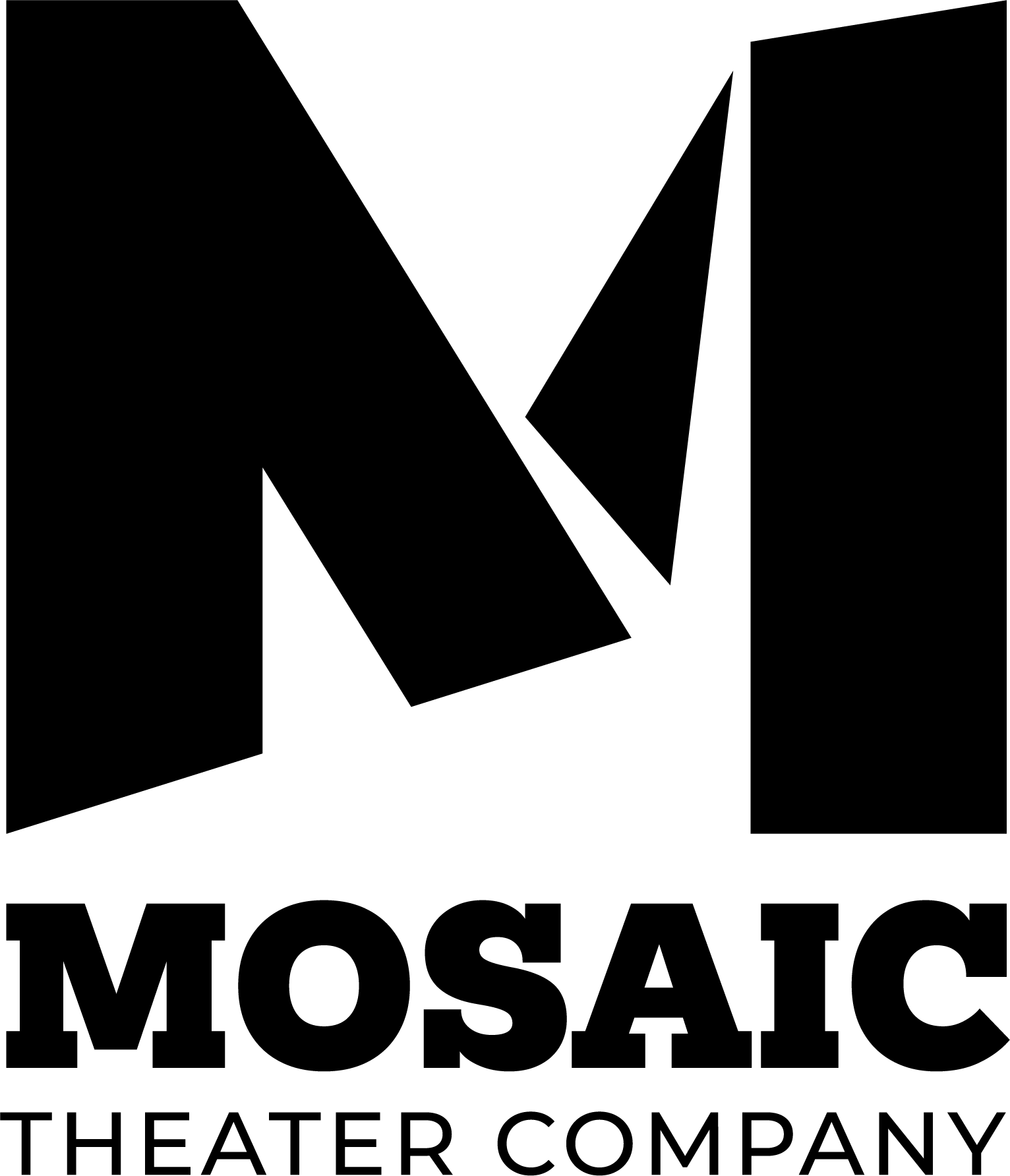Why Inclusion, Diversity, Equity, and Accessibility is Vital in the Performing Arts
Inclusion, diversity, equity, and accessibility (IDEA) is important to support in any avenue of society, but particularly in the performing arts. These industries shape public ideas about cultural identity and expose audiences to ideas, conflicts, and discourses they may not otherwise encounter in their daily lives—or at all. Because performing arts like ballet, opera, movies, and theater play such an important role in how people understand the society they live in, it’s essential that productions engage with all images and forms of human existence.
Add to this the fact that more people go to see movies and plays than ballet or opera productions—they’re more affordable and prosaic forms of entertainment, after all, with more relaxed dress codes—and the reasons that theaters must strive to be models of diversity become more clear. Here are just a few of them:
Theater productions should reflect the communities they perform in. Drama in art reflects drama in society. As one artistic director put it, “We can’t be twenty-first-century Americans if we don’t know [our] African American, Latino, Asian, Native, and white histories and narratives.” In the past 3 years, at least 40% of the US population identified as non-White; 5.6% was LGBTQ, and 26% had a disability. To have their narratives told, diversity in theater must occur at leadership, staff, content, and audience levels.
The American nonprofit regional theater industry has a long history of inequity. Theaters have historically been considered havens for liberalism and tolerance, as challengers of social status quos. Yet, as the recent We See You, White American Theater movement points out, most productions are written by White playwrights for White audiences and feature White performers. Women have fewer and lower-paying roles than men. Like other institutions, theater is in need of equity-focused reform.
Inaccessible productions mean less public involvement and smaller audiences. Failing to make productions equitable and accessible for low-income groups, people with disabilities, and others means lower attendance and cultural growth for theaters and communities alike—at least, if the dying opera industry is any indication. Theaters can address this with affordable ticket options, ADA-compliant physical accessibility, ASL interpretation, captioning, trigger and content warnings, and other adaptations for ability.
Inclusion inspires underrepresented youth to be fearless and be themselves. Children and young people can be profoundly affected by what they see in movies and plays: for better or for worse, one production can plant powerful ideas in their minds. Particularly because the mental health of kids and teens is so susceptible to what they see on their screens—social media, movies, TV, and drama—it’s all the more important to populate young minds with narratives and actors they can identify with and relate to.
Diversity sells. Although it should not be the primary motivating factor for any performing arts industry, data shows that productions with more diverse casts draw in larger audiences. This may shed encouraging new light on fiscal matters for theaters concerned about the cost of inclusion efforts for some audience groups. Investing in inclusion, diversity, equity, and accessibility in the present can boost a theater’s reputation and box office sales well into the future.
The Mosaic Theater Company in Washington, DC produces bold, culturally diverse theater that illuminates critical issues, elevates fresh voices and sparks connection among communities throughout our region and beyond.e most pressing issues of our times.
Dedicated to making our theater an inclusive model of diversity at every stratum, on stage and off, Mosaic invests in the new as we keep abreast of our changing and challenging times. We do this to ensure that our theater is a responsive gathering space, all the while nurturing and producing art of the highest order.
Our inclusive community programming includes Neighborhood Nights which invite our neighbors in northeast and southeast DC to attend dedicated pay-what-you-will Friday evening performances throughout the season. Each Neighborhood Night performance features open captioning and an ASL-interpreted post-show discussion with members of the cast or creative team. Join us for Neighborhood Night this season on these upcoming dates:
March 25 for PRIVATE by Mona Pirnot
May 6 for MARYS SEACOLE by Jackie Sibbles Drury
June 24 for IN HIS HANDS by Benjamin Benne
Beginning with the recently announced 2022/23 Season, Mosaic is expanding our accessibility from one performance to every performance! Ten pay-what-you-will tickets will be available for every performance in the 2022/23 Season and available at the box office starting one hour prior to the performance start time and a reduced price option is available for both our subscription package and single tickets, as well.
For news, updates, and additional discounts, sign up for our newsletter.
To support Mosaic’s accessibility efforts and partner with us in cultivating exciting new work and creating productions which foster intercultural conversation, please consider making a Donation.
